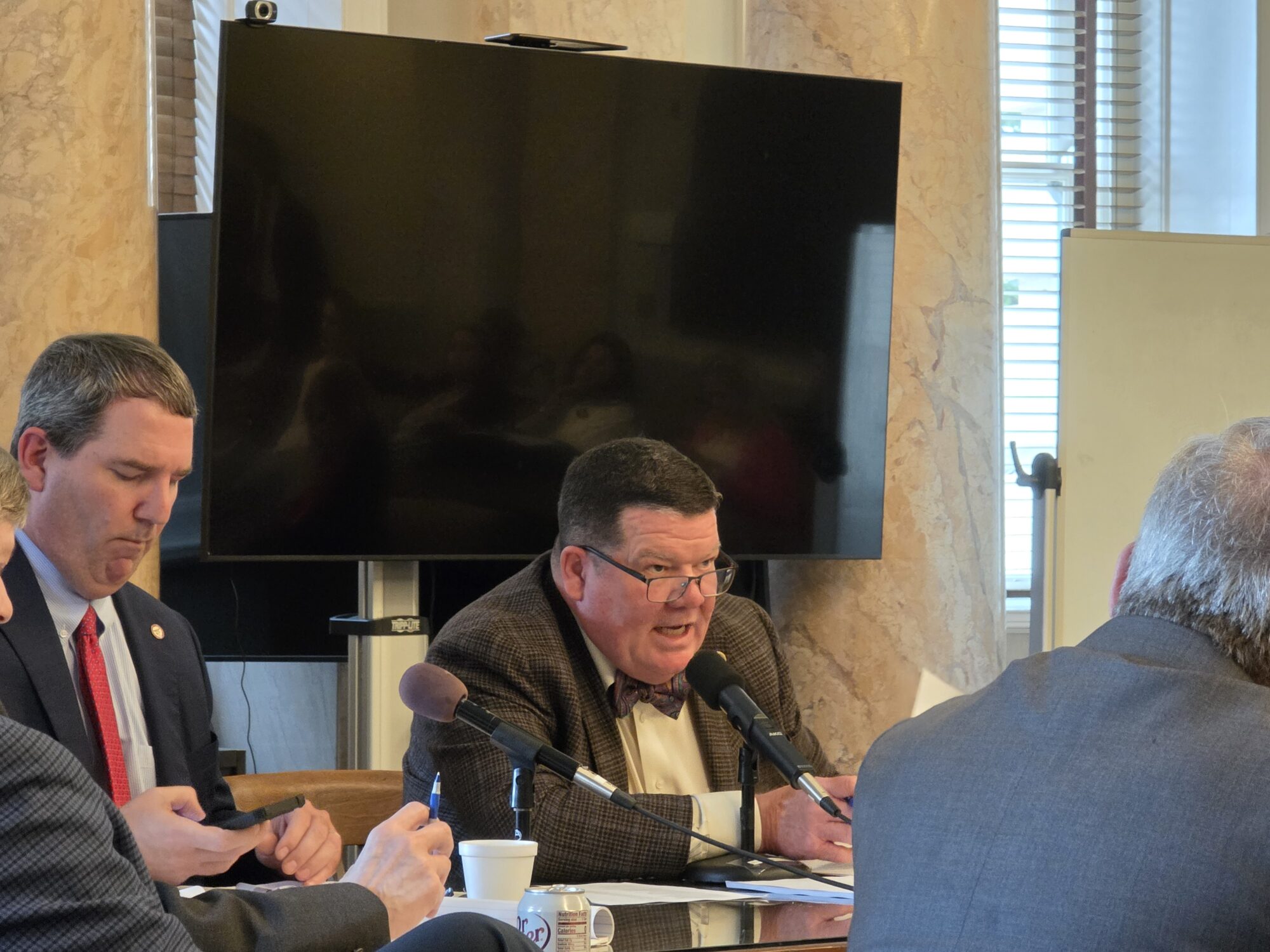
On Thursday, the office of Attorney General Jim Hood announced he planned to file suit against the U.S. Army Corps of Engineers to require the federal government to pay for the extensive environmental and economic damaging to the Mississippi Gulf Coast caused by the repeated and lengthy openings of the Bonnet Carré Spillway in 2019.
Not long after the announcement he received backlash by U.S. Senator Roger Wicker.
Jim Hood’s lawsuit against the Trump administration comes 12 days before an election where he is behind in the polls. Our delegation has been on top of this issue since the beginning. Attorney General Hood is late to the game with this political stunt. -RW
— Roger Wicker (@RogerWicker) October 24, 2019
Wicker has asserted that Hood’s decision to file suit at this particular time is directly related to his run for governor in November and President Trump’s visit to the state in support of Republican Tate Reeves.
The Bonnet Carré Spillway was opened for a record 123 days in 2019. Based on Corps’ numbers, a total of 1.35 trillion cubic feet (almost 10 trillion gallons) of Mississippi River water was discharged through the spillway during 2019. That discharge is equivalent to the volume of more than 15 million Olympic-size swimming pools which, if laid end to end, would circle the Earth more than 18 times. According to the Institute for Marine Mammal Studies, the fresh water of the Mississippi River carries with it industrial pollutants from 31 states and two Canadian provinces. When the Corps repeatedly opened the Bonnet Carré Spillway in 2019, trillions of gallons of this polluted fresh water was dumped into the Mississippi Sound.
“The spillway opening has destroyed the State’s oyster reefs, decimated the crab and shrimp catch, and killed more dolphins than the 2010 BP Oil Spill,” General Hood said.
The Attorney General’s office said it has three goals for this lawsuit against the Corps. First, General Hood will seek to recover funds to compensate for the harm to the Mississippi Gulf Coast’s economy and environment. Second, General Hood will seek to recover funds to rebuild and rehabilitate the oyster reefs and other damaged marine habitat and populations. Third, General Hood will seek to limit future damage by directing the Corps to study the environmental impact of spillway openings on the Mississippi Sound and to adopt new procedures for flood control. The protocols for operating spillways are outdated, having been established in the 1930’s and 1950’s, and do not address the present and future conditions of the Mississippi River. General Hood stated: “The current approach to managing the Mississippi River must be reexamined. The Corps must look both up-river and down-river to find ways to better protect Mississippians and the Mississippi Sound. I refuse to accept that the country that tests rocket engines at the Stennis Space Center cannot find a way to manage the Mississippi River without harming the Mississippi Sound. Where there’s a will, there’s a way. This lawsuit will give the Corps the will to change its practices to protect Mississippi.”
The lawsuit will seek relief under the federal Comprehensive Environmental Response, Compensation, and Liability Act (CERCLA), National Environmental Policy Act (NEPA), Resource Conservation and Recovery Act (RCRA) and contain other claims under federal law and Mississippi law.











